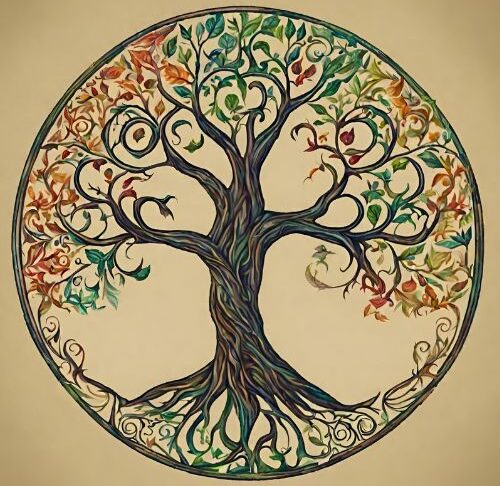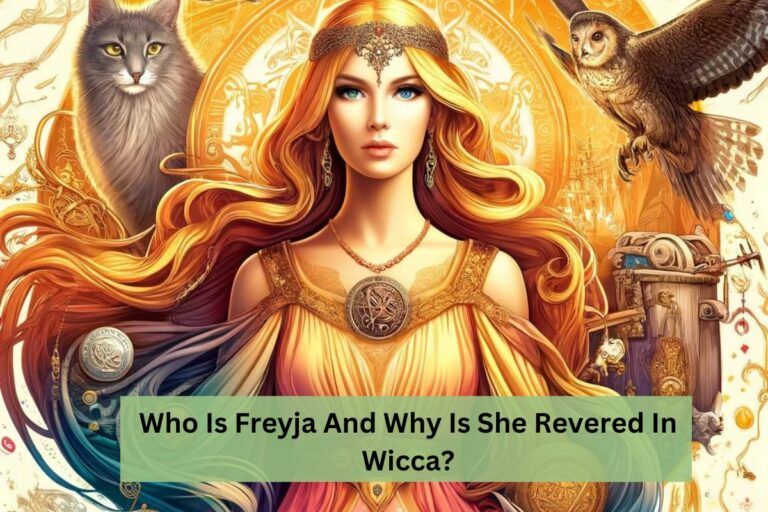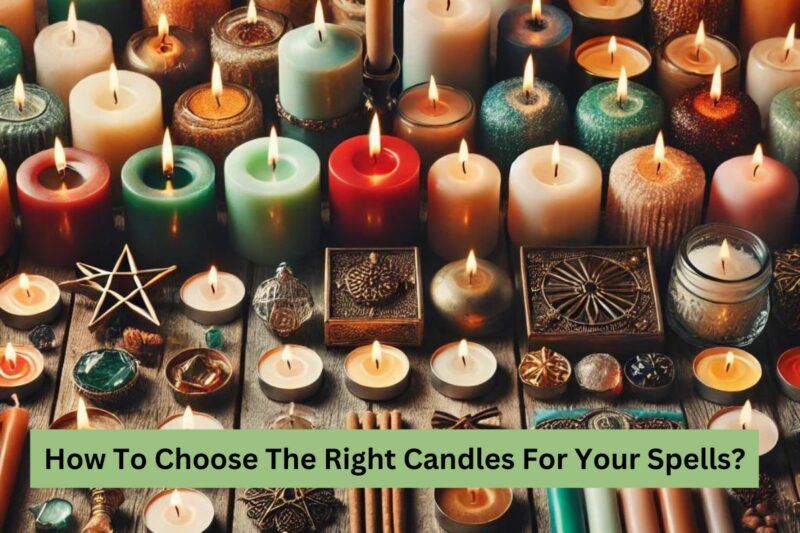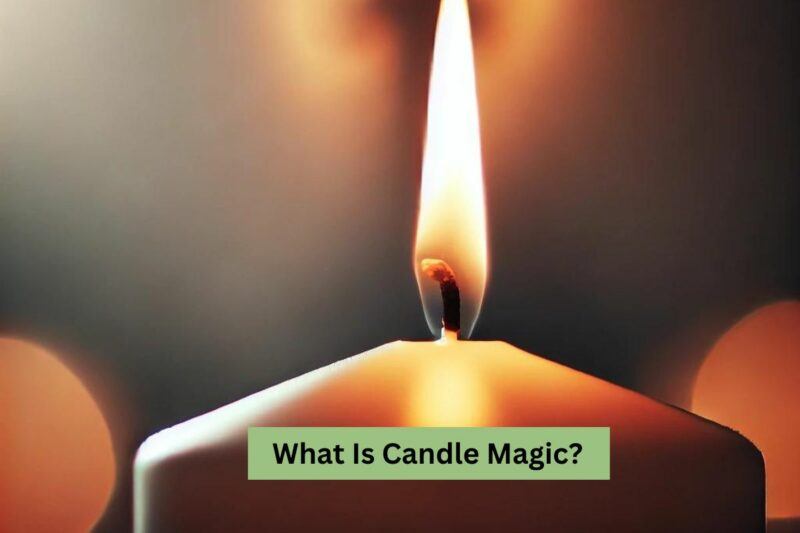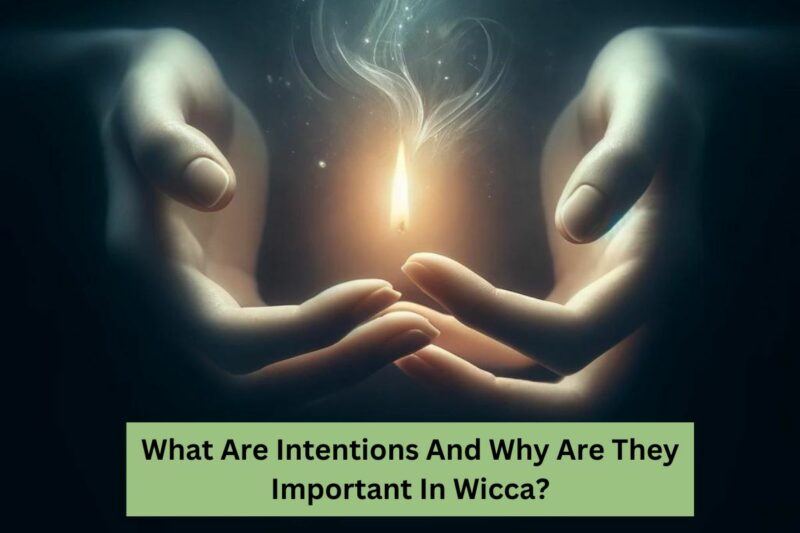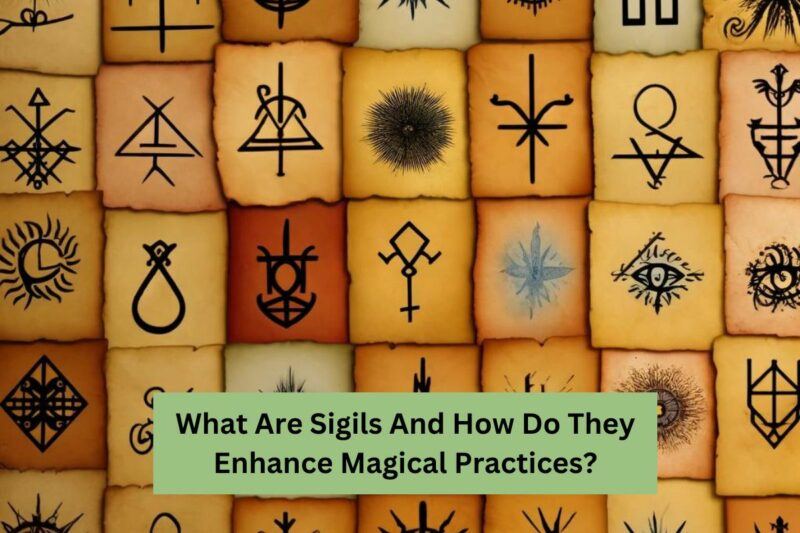- Freyja is a prominent goddess in Norse mythology, associated with love, beauty, fertility, war, and magic.
- Wiccans often revere Freyja as an aspect of the Wiccan Goddess, honoring her diverse domains.
- Her influence is felt in rituals focused on love, fertility, sensuality, and personal power.
- Freyja’s connection to cats, falconry, and prized possessions resonates with some Wiccan traditions.
Who is Freyja, and why do people following the Wiccan faith hold her in such high regard? Freyja, originally a goddess from Norse mythology, carries many roles—she is associated with love, beauty, fertility, and even war. In Wicca, she is seen as a powerful figure representing the Goddess’s strength and versatility. This article will explore who Freyja is, look into her nature, and understand why she is so admired in Wiccan practices today. Whether you’re a seasoned Wiccan or just curious about pagan deities, there’s something intriguing about Freyja’s story that speaks to many.
Freyja
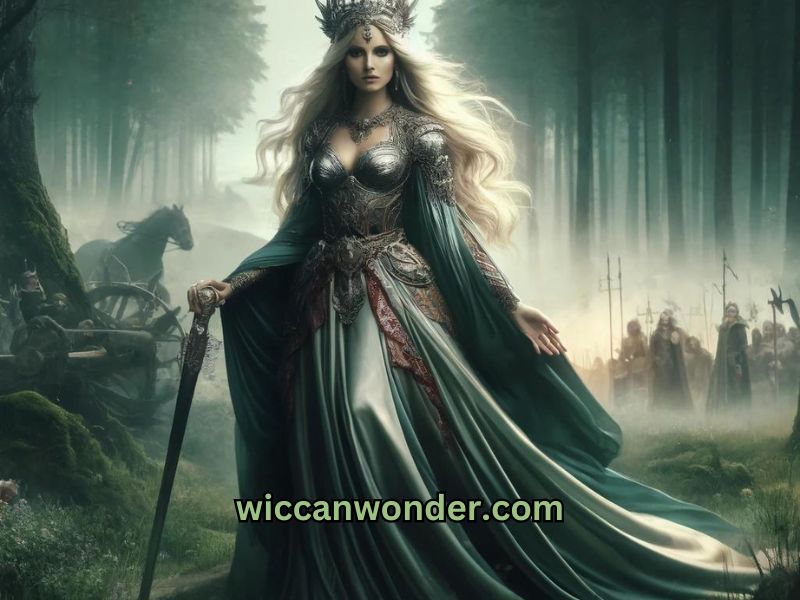
🌿 Freyja’s Attributes and Symbols 🌿 |
||
|---|---|---|
| Attribute | Symbol | Significance |
| Love and Beauty | Cats | Symbols of comfort, fertility, and beauty |
| Fertility | Brisingamen Necklace | Represents her beauty and her power over love and fertility |
| War | Falcon Cloak | Grants her the ability to fly and symbolizes her warrior spirit and vision |
| Magic and Divination | Chariot | Conveys her ability to navigate between worlds and realms |
| Brought to You by wiccanwonder.com | ||
In Norse mythology stories, Freyja is a fascinating character. She’s famous not only for her stunning beauty but also for her deep connections to many important aspects of life and magic. You might think of her just in terms of love and beauty, but she represents much more. Freyja symbolizes fertility and the forces of life, which makes her a nurturing and influential figure.
Freyja is also known for her boldness in both love and conflict, showing that her character is complex and full of depth. She is skilled in magic, especially a type called seidr, which involves determining and shaping the future.
She owns some remarkable items, like the Brisingamen necklace made by dwarfs. This necklace is not just a piece of jewelry but plays a key role in many of her stories involving adventures and disputes. Freyja also has a chariot pulled by cats, which highlights her connection to love and fertility, as cats often symbolize these traits.
Moreover, Freyja plays an important role in the fate of warriors who have fallen in battle. She has the power to choose half of these warriors to stay with her in her hall, Sessrúmnir, while the other half go to Odin in Valhalla. This shows her significant role in deciding the fate of souls in the afterlife in Norse beliefs.
Through these tales, you can see that Freyja is a multi-layered deity whose influence reaches across different parts of life and the afterlife, making her a truly captivating figure in Norse mythology.
Freyja’s Journey to Wicca

Freyja’s move from the old stories of Norse mythology to the practice of modern Wicca is quite intriguing. In Wicca, she is seen as an important goddess who represents the Goddess herself, showing her varied and complicated nature. Wiccans appreciate her for her various roles and often turn to her during rituals, seeing her as a powerful figure in love, fertility, magic, and personal strength.
Wiccans use Freyja’s many qualities in their rituals. Her connection to love and beauty makes her a favorite for spells to strengthen relationships or enhance personal charm. Her link to fertility is also important for those wishing to have children or bring richness into their lives. Additionally, Freyja’s skills in magic, especially in controlling fate, are valued for divination and influencing future events, which are central to Wiccan practices.
Freyja is much more than just a character from mythology; she symbolizes personal strength and the pursuit of one’s goals, which makes her particularly attractive in today’s world, where self-improvement is highly valued. In the myths, Freyja’s selection of half the warriors for her hall symbolizes independence and the power of choice. These qualities strongly appeal to Wiccans, who value taking control of their spiritual journeys and daily lives.
As a goddess who manages both the pleasures of love and the challenges of battle, Freyja reflects the balance and duality Wiccans aim for in their practices. Whether by calling on her in rituals, using symbols associated with her like cats or falcons, or drawing inspiration from her stories, Wiccans find ongoing relevance and guidance from Freyja. This connection not only deepens their spiritual practice but also ties them to the ancient traditions she comes from, linking the past and present in their ongoing spiritual journey.
🌿 Comparative Table of Freyja in Norse Mythology vs. Wicca 🌿 |
||
|---|---|---|
| Aspect | Norse Mythology | Wicca |
| Domain | Goddess of love, beauty, fertility, war, and death | Aspect of the Goddess, emphasizing empowerment and spiritual balance |
| Symbolism | Brisingamen necklace, cats, chariot, falcon cloak | Often includes symbols of femininity and fertility, integrates traditional symbols in modern rituals |
| Ritual Use | Not specifically worshipped; revered in myths and sagas | Invoked in rituals for love, fertility, and personal empowerment |
| Brought to You by wiccanwonder.com | ||
Feline Friends and Feathered Companions
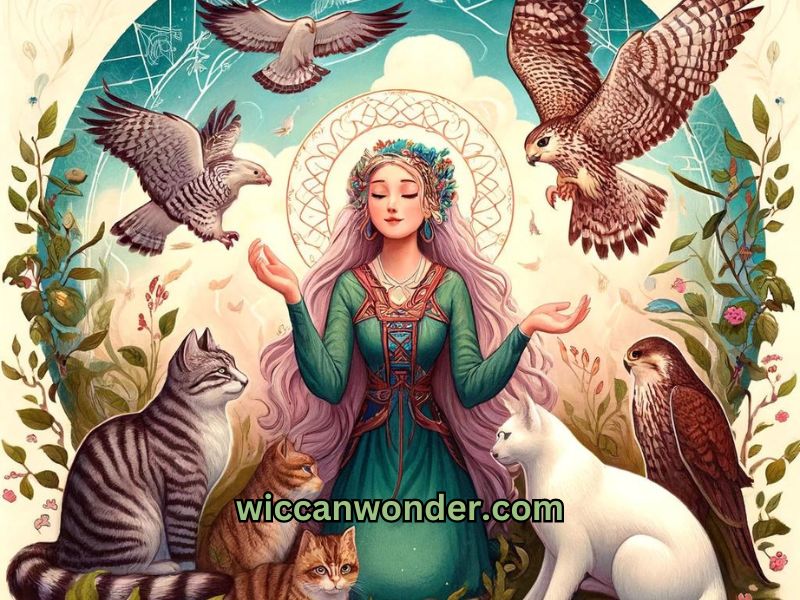
Freyja is often linked with two meaningful animals in Norse mythology and Wicca: cats and falcons. These animals are more than just her companions; they also reflect her abilities and characteristics.
Cats, which pull Freyja’s chariot, represent love and beauty, qualities closely associated with Freyja herself. Cats are also seen as symbols of comfort and fertility, fitting well with her traits. In Wicca, cats are viewed as magical creatures capable of seeing beyond our world, which emphasizes Freyja’s mystical and caring sides.
Freyja also wears a magical cloak made of falcon feathers that lets her fly. Falcons are known for their excellent vision and speed, symbolizing wisdom and the ability to foresee things. For Wiccans, the falcon represents quick action and clear insight.
These animals might also be used in Wiccan rituals or personal practices. Wiccans might place images or statues of cats and falcons on their altars or in their homes to honor Freyja and call on her strengths. They might also look up to these animals for qualities like independence, elegance, and foresight in their own lives.
Moreover, it’s common for Wiccans to give offerings that cats or birds would like, such as feathers or treats, to connect with Freyja and show respect for the animals closely linked to her stories. These acts of symbolism help bring a touch of Freyja’s spirit into their practices and daily lives.
Freyja’s Broader Influence
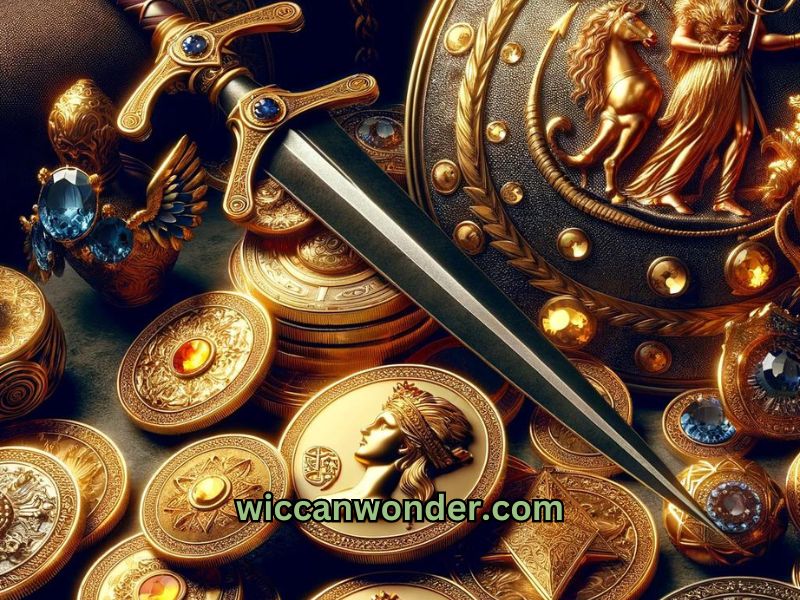
While Freyja is often thought of for her connections to love and beauty, her influence goes much deeper. She also has strong ties to wealth and valuable objects, which adds another dimension to her character in both Norse mythology and Wiccan practices.
In the stories, Freyja owns the Brisingamen necklace, a stunning piece of jewelry that shows her beauty and her control over wealth and allure. This link to valuable items shows her as a goddess of plenty and success. In Wiccan rituals, calling on Freyja can be especially effective for spells and ceremonies that aim to bring wealth or increase personal worth.
Additionally, Freyja’s role in war magic shows her as a figure of strength and resilience. She isn’t just a passive symbol of beauty; she represents the warrior’s spirit, showing courage and strategic thinking. This side of her is appealing to Wiccans, who might look to her as a guide for overcoming challenges and finding inner strength during tough times.
In Wicca, Freyja’s wider influence is often called upon in rituals aimed at prosperity or overcoming difficulties. Practitioners might honor her when they want to improve their finances or when they need bravery to face hard situations. This makes her a versatile and empowering figure who can help in various aspects of life, not just romantic matters.
Through these roles, Freyja shows herself to be a complex deity whose traits can inspire and support Wiccans in many different parts of their spiritual and daily lives, making her a deeply respected figure in modern Wiccan practice.
A Modern Legacy
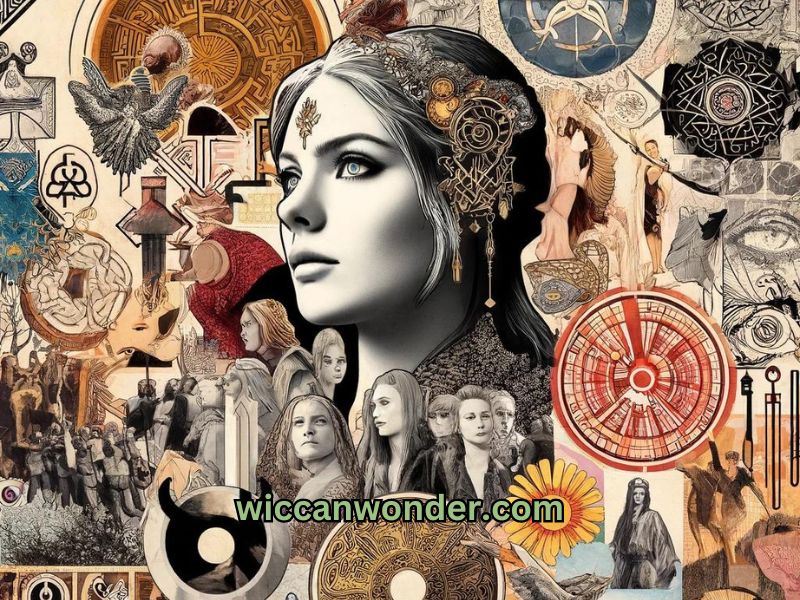
Freyja’s charm goes well beyond the old tales of Norse gods and goddesses. She remains powerful in today’s culture, especially among those who follow Wicca and other pagan paths. Her role as a strong, complex goddess continues to attract and inspire, shaping how people see the divine feminine today.
In modern culture, Freyja is often seen as a symbol of feminist values—like strength, independence, and being in charge of one’s own destiny. These qualities connect with today’s efforts to promote women’s empowerment and equality. Freyja’s ability to handle both love and war with ease makes her a symbol of balance and flexibility, qualities that are very valuable in our quickly changing world.
Freyja also inspires many artists. In Wiccan art, music, and literature, she often appears as a wise and deep spiritual figure. Her ties to nature and human life make her a common subject in artworks that explore themes of connection, change, and endurance.
Her lasting appeal in modern spirituality is clear in how Wiccans and other pagans continue to embrace her symbolism and stories. Freyja is often a part of rituals and ceremonies focused on love, beauty, and personal strength, helping individuals tap into their own power and desires. By calling on Freyja, people feel they can access ancient wisdom that remains useful for tackling today’s challenges and seizing opportunities.
Overall, Freyja’s lasting impact as a goddess who is both mighty and relevant today shows her ability to stay meaningful over time, always finding new respect and roles in the ever-changing spiritual landscape.
Frequently Asked Questions
Is Freyja just a goddess of love?
No, Freyja is not only about love. She is known for her connection to love and beauty, but she also represents fertility, war, magic, and wealth. Her wide range of roles in old stories and her importance in Wiccan practice show her as a complex goddess who impacts many parts of life and spirituality.
What symbols are linked to Freyja?
Many symbols are linked to Freyja, each showing a different part of her character. Cats, which pull her chariot, are symbols of her love, beauty, and fertility. Falcons, linked to her magical cloak that lets her fly, represent wisdom and the ability to see things clearly. The Brísingsmen necklace, famous in her stories, stands for wealth and attractiveness. Chariots often represent her power and leadership.
How can I honor Freyja in my Wiccan practice?
You can honor Freyja in various ways in your Wiccan practice. You might use symbols like cats or falcons on your altar. Offerings like feathers, jewelry, or items that symbolize beauty and fertility are suitable. Conducting rituals focused on personal strength, love, or fertility can also help connect with Freyja’s energy.
Is there a difference between the Norse Freyja and the Wiccan Freyja?
While Freyja’s basic nature from Norse myths is maintained in Wicca, there are some changes in how she is seen and called upon. In Wicca, Freyja is often viewed as a part of the Goddess, highlighting empowerment, personal growth, and balancing different life aspects. This view lets Wiccans connect with her in ways that fit their personal and community spiritual practices, mixing traditional respect with modern spiritual needs.
Final Thoughts
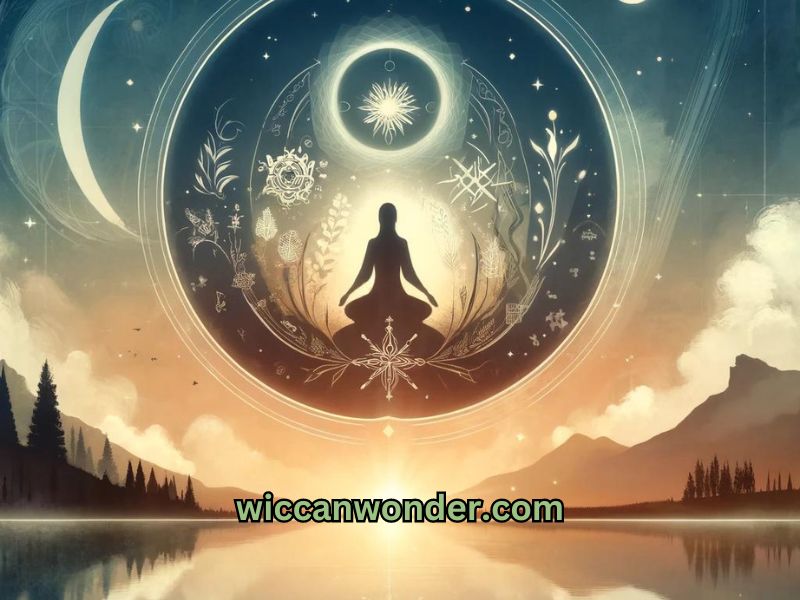
Freyja, deeply rooted in Norse mythology and an important figure in modern Wicca, continues to captivate and inspire many. Her wide-ranging abilities—from love and beauty to war and wealth—make her a powerful symbol for those seeking divine guidance and inspiration. Freyja’s dual nature as both a nurturing and a warrior figure helps people find balance and strength in their spiritual journey.
Exploring Freyja’s stories, symbols, and lasting influence reveals that she is more than just a figure from ancient tales; she is a vibrant part of today’s spiritual practices. Her role in rituals and the personal growth she supports show how ancient deities can still influence our lives today.
Whether you’re just getting to know Wicca or you’ve been practicing for years, Freyja offers deep symbolism and valuable insights that can deepen your connection to the divine and enrich your personal spirituality.
How might you bring Freyja’s traits into your daily life and spiritual practices? Please leave me a comment below.
Blessed Be!
Taianne
Share the Love
Latest Posts

Welcome to WiccanWonder.com!
I’m Taianne, your guide on this enchanting journey into the realm of Wicca and witchcraft. Inspired by the magical stories of pop culture, I’ve transitioned from a casual fan to a dedicated explorer of Wicca’s true nature—a nature-based religion celebrating the divine, the cycles of nature, and living harmoniously with the earth. Through WiccanWonder.com, I aim to demystify Wicca, separating fact from fiction, and inviting others to explore its rich traditions and practices alongside me. As a fellow seeker, I’m here to share insights, discoveries, and open a space for dialogue and learning. Whether you’re new to Wicca, a seasoned practitioner, or simply curious about magic and spirituality, your presence enriches our journey. Let’s explore the wonder of Wicca together.
Feel free to contact me at Taianne@wiccanwonder.com
Blessed be!
